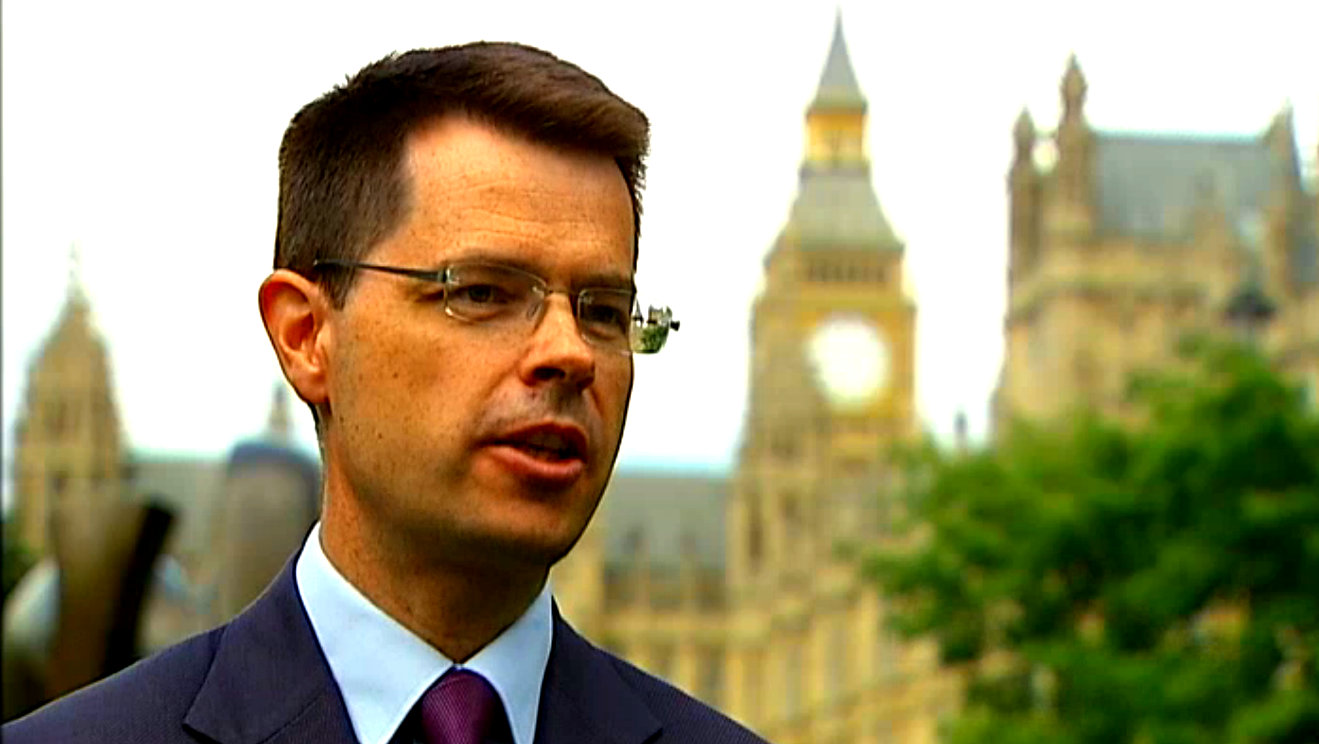NI Secretary criticised for remarks on Troubles killings inquiries
Claims by the Northern Ireland Secretary that investigations into Troubles killings are disproportionately focusing on British state forces have been branded false and “deeply troubling”.
Claims by the Northern Ireland Secretary that investigations into Troubles killings are disproportionately focusing on British state forces have been branded false and “deeply troubling”.
James Brokenshire said inquiries were “not working” and insisted the vast majority of Royal Ulster Constabulary (RUC) officers and British soldiers had served with distinction.
Amid political stalemate over new structures to deal with the past, the Police Service of Northern Ireland`s (PSNIs) legacy investigation branch is looking into more than 3,200 killings between 1969 and 2004.
Last week PSNI Superintendent Jason Murphy said that the cold case team`s caseload consists of more than 900 cases, with 139 regarded as having military victims and 238 regarded as being attributed to the military”.
Figures for legacy prosecutions of loyalists and republicans are in single figures since the Good Friday Agreement, with no former police officer or soldier jailed since 1998.
However, three former soldiers are currently facing prosecution in relation to Troubles killings, while a file on the events of Bloody Sunday in 1972 is also under consideration.
On Saturday (January 28), an estimated 1,000 British army veterans protested in London against former soldiers being “subjected to witch hunts”.
Northern Ireland MPs and former soldiers Danny Kinahan and Jeffrey Donaldson took part in the rally, which was organised by Justice for Northern Ireland Veterans.
Writing in the Sunday Telegraph, Mr Brokenshire said there was a “danger of seeing the past rewritten”.
He added: “It is also clear the current focus is disproportionately on those who worked for the state former members of the armed forces and the RUC, the vast majority of whom served in Northern Ireland with great courage, professionalism and distinction.
“I believe that with political will an agreement is within reach to deal with this important and sensitive issue.”
Mr Donaldson backed the Secretary of State`s comments, claiming there has been “a one-sided legal persecution of police and soldiers despite 90 per cent of deaths in Northern Ireland having been carried out by terrorists from all sides”.
“The secretary of state is correct when he says the current system is not working and he must now act decisively to address this,” he said.
However, SDLP justice spokesperson Alex Attwood said Mr Brokenshire`s remarks beggared belief.
“This week the Director of Public Prosecutions and the Lord Chief Justice respectively asserted their independence and defended due process and the rule of law in the face of false claims to the contrary,” he said.
“The Secretary of State for Northern Ireland should publicly be out fully on the same message the fact that he chooses otherwise, to repeat false claims, is deeply troubling.”
Lord Chief Justice Sir Declan Morgan said on Friday (January 27) that any suggestion he had given priority in Troubles inquests to cases involving the state was “simply not correct”.
Director of Public Prosecutions Barra McGrory also said last week that allegations that cases involving former soldiers have been unfairly prioritised insulted him as well as all the lawyers in the service.
He is mystified by claims that he did not act impartially when he brought charges against the ex-soldiers.
Suggestions that the cases involving the Army are being unfairly prioritised are “just not correct”, said Mr McGrory. “That is inaccurate,” he added.
Mr McGrory pointed out there had been only three prosecutorial decisions involving former soldiers in recent times two that resulted in prosecutions and one in no prosecution.
He added: “In the overall context of what we do these are a tiny number of cases. We receive 40,000 files a year, we take over 2,000 cases a year to the Crown Court, and we are talking here about three cases.
“Even in terms of legacy cases, the reality is that we have prosecuted more legacy cases connected with paramilitary cases than we have in respect of military cases.”
Two soldie


